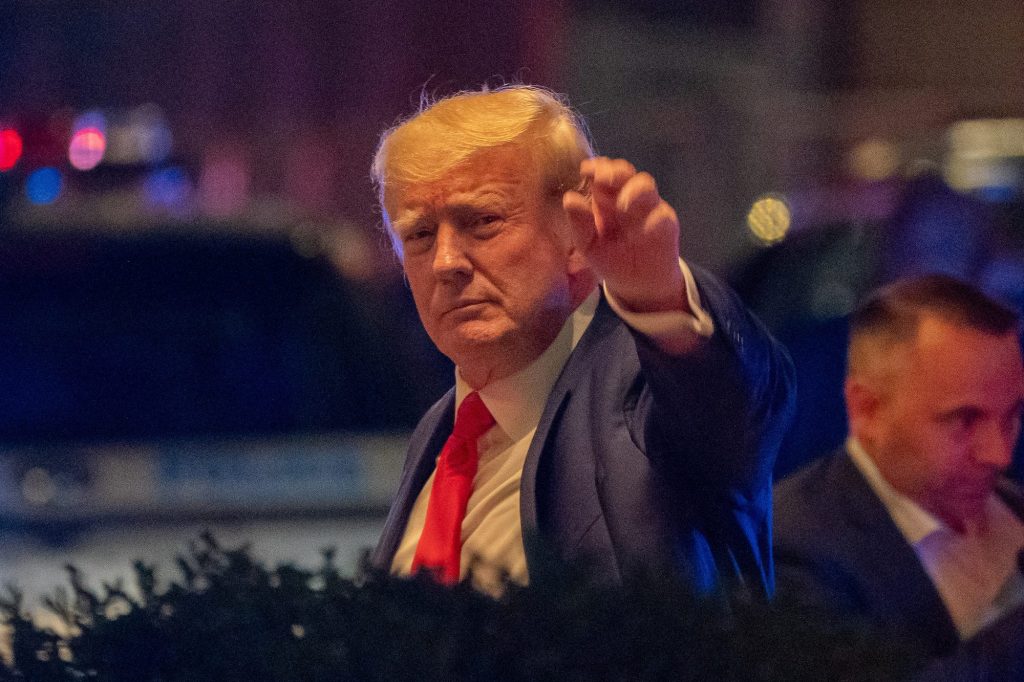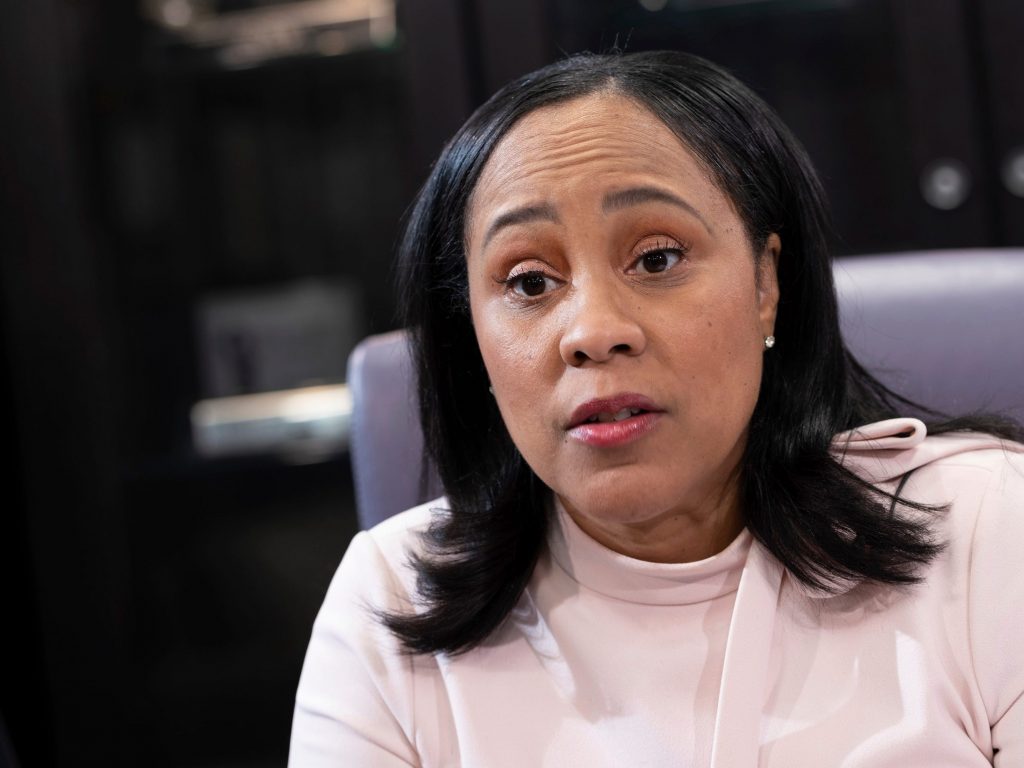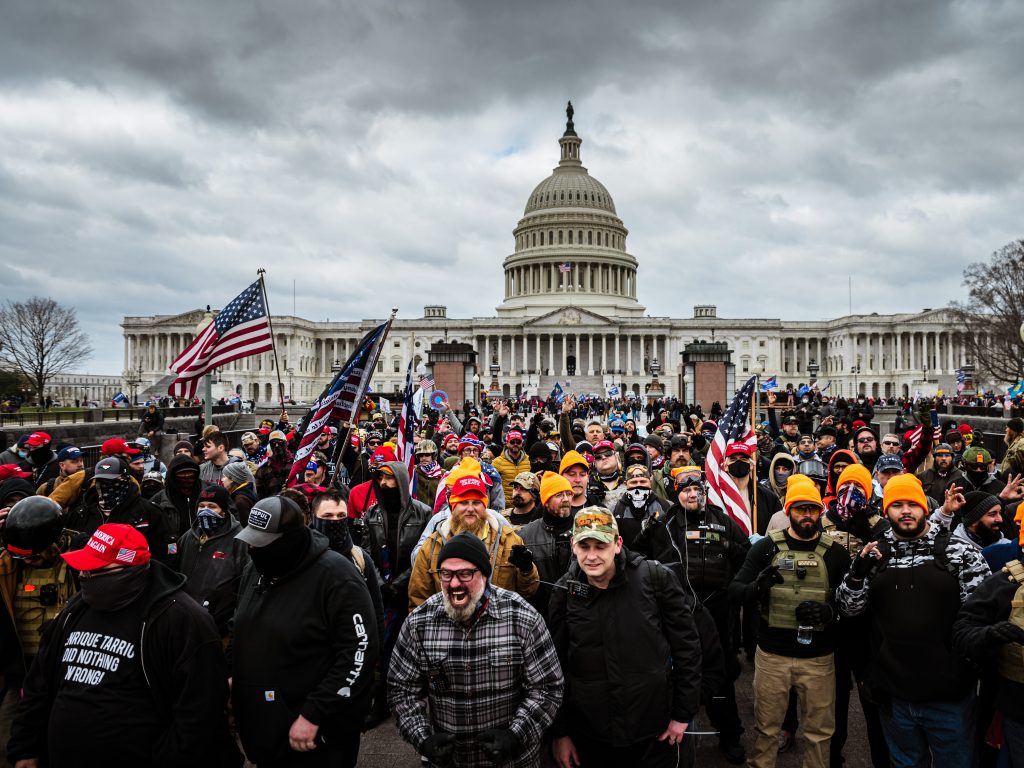- Former President Donald Trump faced mushrooming legal problems this week.
- Prosecutors released a redacted affidavit covering the Mar-a-Lago search.
- The National Archives revealed that Trump kept more than 700 pages of classified documents.
Former President Donald Trump's mounting legal problems intensified this week.
Prosecutors publicly released a redacted version of the affidavit used to search his Mar-a-Lago resort.
One of Trump's closest White House advisors was ordered to testify in a Georgia probe investigating whether Trump and his associates attempted to overturn the state's 2020 election results.
Legal experts say these key developments could put the former president in greater legal peril. Here are the biggest takeaways about Trump's legal woes.
Redacted affidavit adds context to FBI search
The Justice Department released a redacted FBI affidavit on Friday, providing more insight into classified documents Trump took with him from the White House to Mar-a-Lago.
In the 15 boxes of documents the FBI reviewed that were obtained from Trump's residence, 184 records were marked as "classified," 67 documents were labeled as "confidential," 94 documents were "secret," and 25 documents were labeled as "top secret," according to the affidavit.
Some of the classified documents obtained by the DOJ had the former president's "handwritten notes" on them, the affidavit also said.
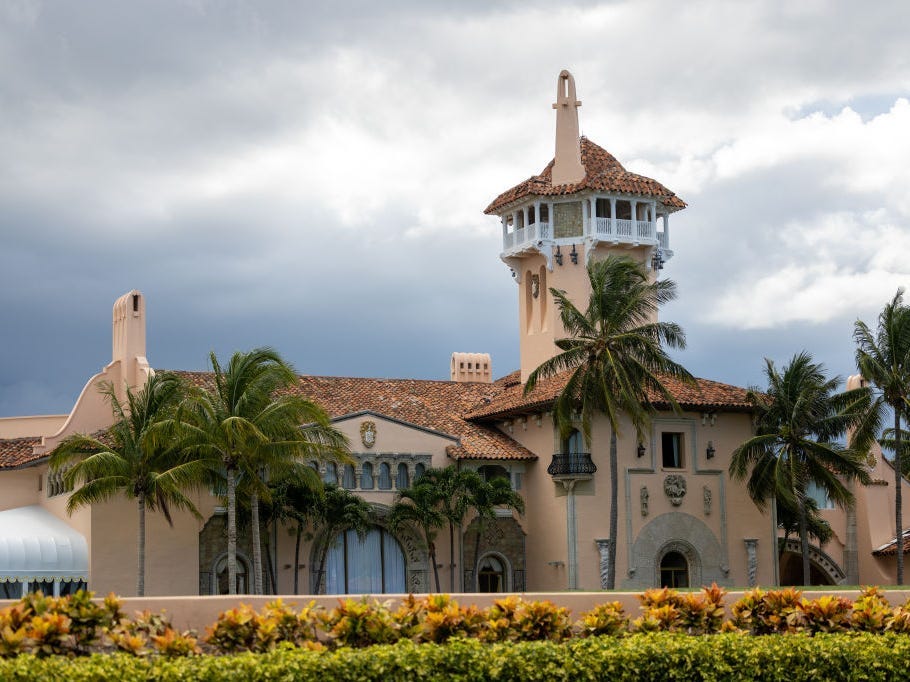
The affidavit shows that the Justice Department did have probable cause to search the Mar-a-Lago resort and hurts Trump's legal defense argument, legal experts told Insider.
"This hurts him more than this helps him," said David Weinstein, a former federal prosecutor. "It cuts against his defense to some degree."
Others said the affidavit could take Trump one step closer to being prosecuted.
"I have seen enough, folks. Donald Trump will be indicted in the classified documents matter. I'm placing my marker," Bradley P. Moss, a national security attorney, tweeted on Friday.
National Archives tallies up missing classified files
The National Archives also revealed, in a letter that was publicly released on Tuesday, that Trump took more than 700 classified documents with him.
In the letter, originally sent to Trump's attorney Evan Corcoran on May 10, the federal agency disclosed that the documents were kept in 15 boxes and were retrieved by the National Archives and Records Administration back in January.
"In its initial review of materials within those boxes, NARA identified items marked as classified national security information, up to the level of Top Secret and including Sensitive Compartmented Information and Special Access Program materials," National Archivist Debra Wall said in the letter.
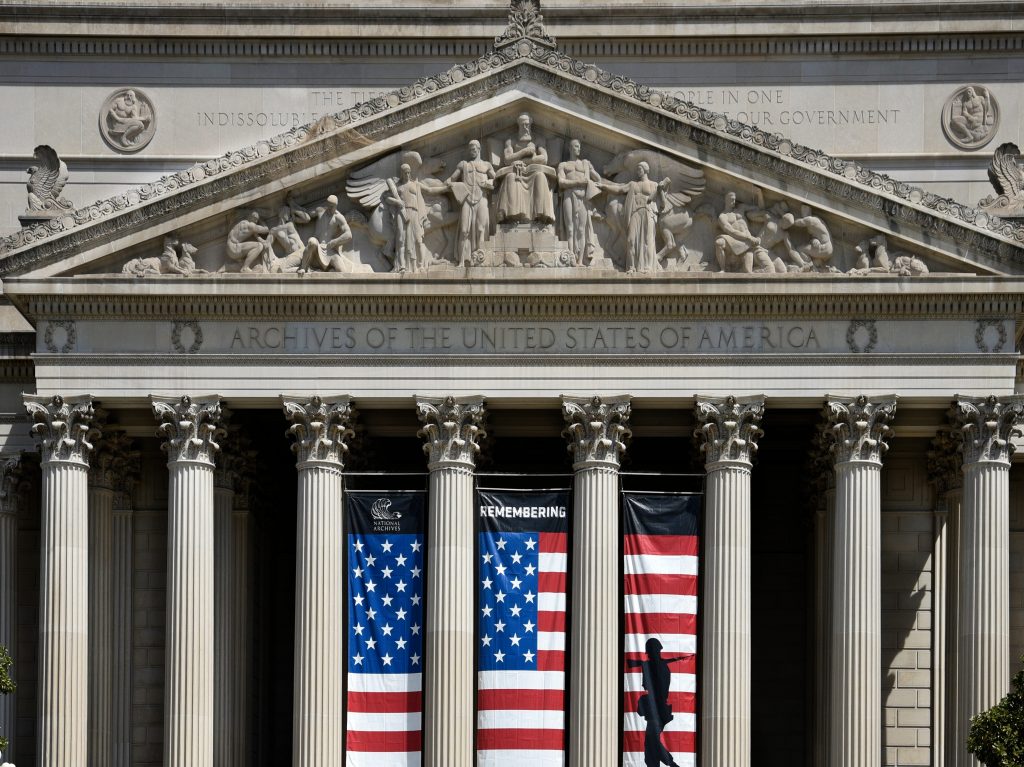
The letter reveals the month-long correspondence between the National Archives and Trump's legal team over the documents. It also shows how his team resisted returning these classified documents.
The 700 pages of documents NARA obtained does not include the recent boxes of records the Justice Department retrieved from Mar-a-Lago following its search of the residence.
The affidavit said the National Archives began inquiring about the missing documents in May 2021. It wasn't until December 2021, though, that Trump's legal team said they found 12 boxes of documents that the agency could retrieve.
Tightening the dragnet in Georgia
A Peach State investigation into Trump's alleged election meddling is increasingly poking around the embattled former president's inner circle.
Fulton County District Attorney Fani Willis on Thursday ordered former White House chief of staff Mark Meadows to testify about promoting MAGA's baseless election fraud claims, and the January 2021 call in which Trump urged Georgia Secretary of State Brad Raffensberger to "find" the 12,000 votes Trump would have needed to negate Joe Biden's lawful victory.
Willis, who recently deposed former Trump advisor Rudy Giuliani about his role in the 2020 election fight, is also seeking testimony from former Trump campaign attorney and election denier Sidney Powell, as well as Army veteran and insurrection "options" strategist Phil Waldron.
Willis is also waiting to hear from Republican Sen. Lindsey Graham of South Carolina, whose appeal to avoid speaking to the special grand jury is still making its way through the courts.
Meadows, Giuliani, Powell, and Waldron have all been subpoenaed by the House January 6 committee to share what they know about the deadly attack on the US Capitol.
Burning questions about the Capitol siege
Congressional investigators have switched back to quiet mode about January 6 since conducting eight explosive public hearings in July.
But the issues they've raised about those ultimately responsible for the historic assault on Congress are keeping Trump allies on the defensive.
Republican Rep. Scott Perry of Pennsylvania recently filed a suit to block federal agents from analyzing any of the data downloaded after FBI agents seized his phone on August 9. Perry has also been subpoenaed by the January 6 committee, which alleges that he had a hand in trying to install Justice Department attorney Jeffrey Clark as attorney general to help speed along Trump's election fraud scheme.
Earlier in the week, Republican Sen. Ron Johnson of Wisconsin told local news that there's no need for him to testify before the January panel (he hasn't been asked) because he only worked on overthrowing the government for "a couple of seconds."
"I had virtually no involvement," Johnson said of Trump's fake electors project.
Meanwhile, January 6 committee member Rep. Adam Schiff of California said the panel would gladly "work out any executive privilege or separation of powers issues" with former Vice President Mike Pence, if he's serious about testifying.
Pence said he would consider talking to House investigators a few weeks back while making the rounds in New Hampshire.
